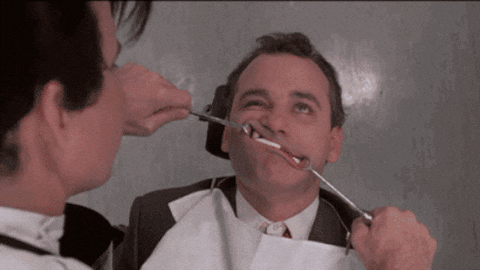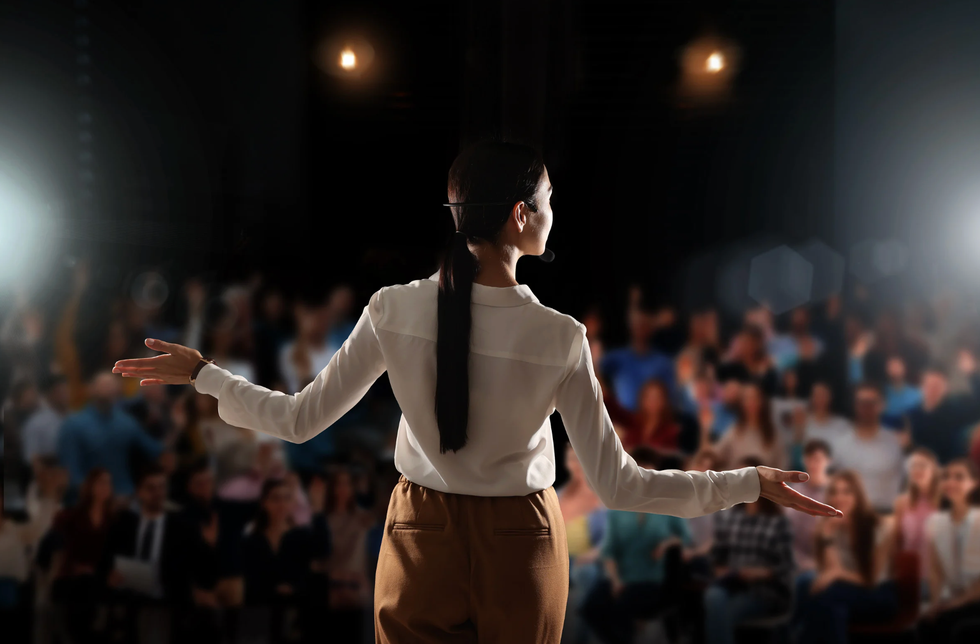Three weeks after the election, Adam Schiff—the eight-term U.S. representative for California’s 28th district, who also serves as ranking member on the House Intelligence Committee—described life as “like emerging from a bad dream.” As the high-ranking Democrat prepares to take on President-elect Trump’s Republican-controlled Congress, Schiff spoke to GOOD Sports about how exercise will help in the House; why he got into triathlons in his 50s (he was the only member of Congress to compete in 2010’s inaugural Nation’s Triathlon around the National Mall); and the similarities between endurance racing and politics. The following are his words, as told to Tosten Burks.
I always wanted to do a triathlon. I used to run a fair amount and then my knees started bothering me. I started doing cycling, and cross-training really helped. It helped allow me to run again. Around that time my chief of staff asked if I had any interest in doing the D.C. triathlon because he was thinking about doing it. I said, ‘You know, I really would.’
The hardest thing was to get back into swimming condition—because I had been a swimmer in middle school and high school, but hadn’t really done any distance swimming since then. It’s very hard to find the time to train generally in Congress, but to find a pool and do the water workouts is particularly challenging.
It was a great way to see D.C. I’d certainly driven over the Potomac River, over many of its bridges over the years. I’ve taken a boat right down the river. But there’s nothing quite like being in the river itself to give you a neat perspective on Washington and monuments and just the city itself.
The swim, in particular, even though I don’t like the swim training very much, which I find tedious, the swim portion of the race is the most fun portion of the race. It’s just mayhem in the water. It’s an adventure. You have your adrenaline going and the water’s churning and you gotta avoid getting kicked by people. You’re trying to keep your bearings and you’re trying to slow your heart rate and calm yourself so you’re not going out faster and harder than you should. I enjoyed that triathlon enough to want to do several more after that. It’s just a great experience. It’s a real adventure.
People want to feel empowered to do something about an issue. Maybe they lost a loved one to a disease and they want to make a sacrifice of themselves. They want to be involved, and going through the training, going through the hardship sometimes of running a marathon, or going on a really long bike ride, gives them a sense of empowerment.
It gives them a sense that they’re doing something to honor a lost loved one, or to help someone else suffering from a disease. It’s a way to bond with other people that are going though the same thing. It’s a way to get involved with your whole family.
I work out at my local gym in Burbank, and it’s rare for me to go to the gym without being engaged by constituents as I’m working out. It’s a nice way for me to stay in contact with people that’s not the same as having office hours, where it’s a much more formal setting. I think people appreciate seeing their representative working out in their gym and the accessibility of their representative. There’s kind of a workout culture and people like to know you’re part of it. I do think it helps me connect with constituents.
I was at an event recently where one of the speakers was someone that I met during the Malibu triathlon. We were commenting on how much we enjoyed it. There’s an innate connection when you are in an event like that with other people who participated.
My wife is a real tennis player and plays almost every day. We met on a tennis court in Marina del Rey in 1990. We had a mutual friend that arranged some doubles tennis. My wife’s name is Eve. I think he was just looking for the right audience for some Adam and Eve jokes.
She played for most of her youth and up until we started having kids. Like many people, she kind of lost contact with the sport for quite a while, and then picked it up again probably six years ago. She’s great. She’s a good role model for me because she’s out there working out every day.
I’m going to need the outlet more than ever (under the Trump administration). It’s been rough. There’s nothing better to really reduce stress, clear your head. I’m a big believer in sound body, sound mind. I always feel better when I’m working out. I think it helps me do my job better in many ways.
















 A car with LED headlightsCanva
A car with LED headlightsCanva




 A collection of toilet paper rollsCanva
A collection of toilet paper rollsCanva A bidet next to a toiletCanva
A bidet next to a toiletCanva A cute pig looks at the cameraCanva
A cute pig looks at the cameraCanva A gif of Bill Murray at the dentist via
A gif of Bill Murray at the dentist via  A woman scrolls on her phoneCanva
A woman scrolls on her phoneCanva
 A confident woman gives a speech in front of a large crowdCanva
A confident woman gives a speech in front of a large crowdCanva